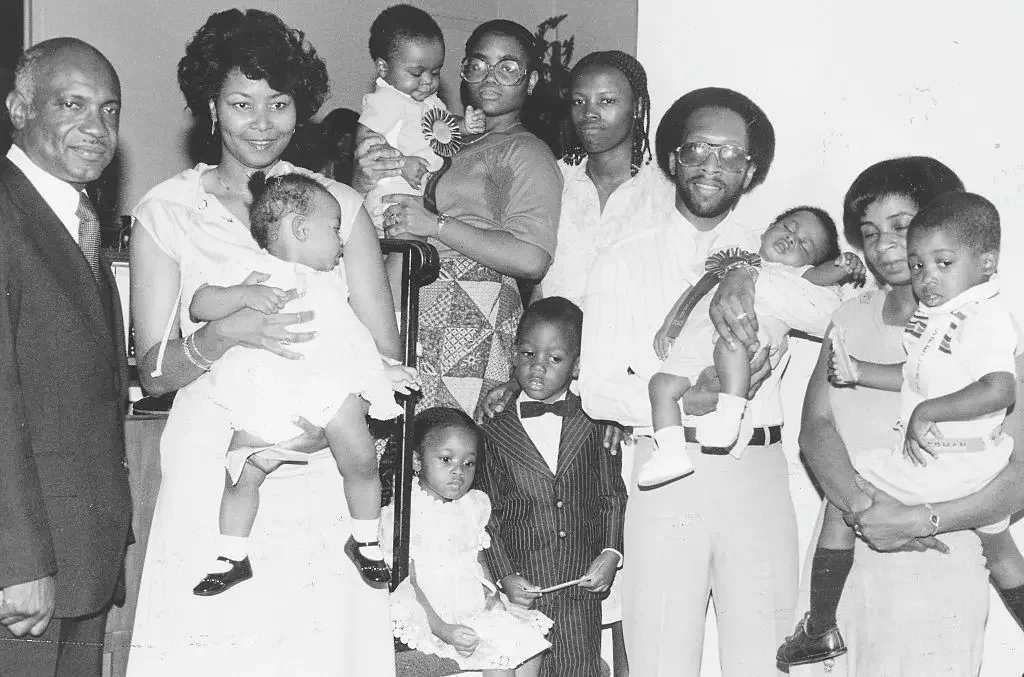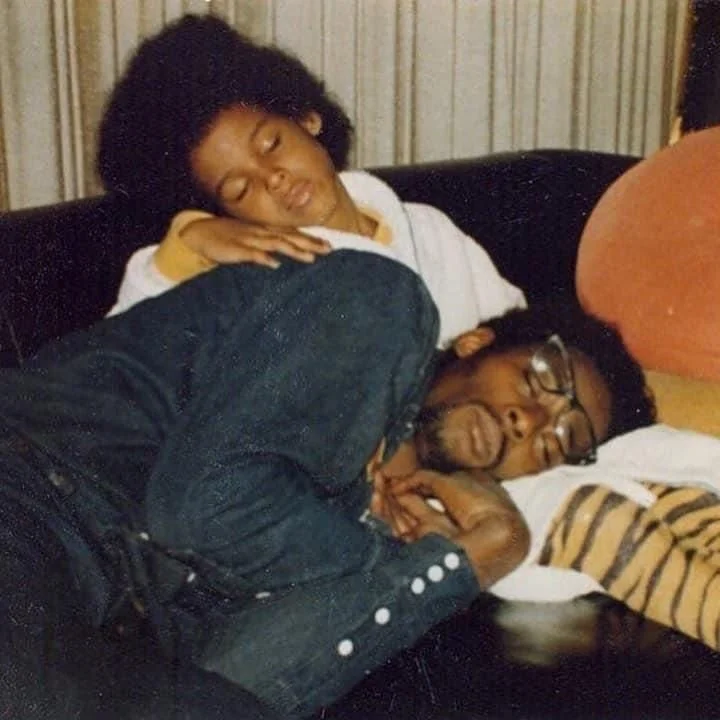Rest, Recalibration, and the Cycles We Carry
There are parts of our stories that don’t live in photographs or on paper. They live in impulses, in the ways we love, in the choices we repeat even when we wish we wouldn’t. Some legacies are handed down in heirlooms and recipes. Others arrive as habits we didn’t ask for but somehow find ourselves practicing.
The older I get, the more I see that legacy is both blessing and burden. It is both what we inherit and what we choose to transform. And sometimes, the hardest part of carrying a legacy is realizing that we’re not only inheriting land or laughter, but also tendencies, longings, and wounds that never got named.
As a community, and as individuals, we’re being called to recalibrate. We’re being asked: what cycles will we honor, and which cycles will we interrupt?
Beyond Inheritance
When most people think of legacy, they imagine money, property, or a name passed down. But legacy is more than inheritance—it is atmosphere. It is what lingers in a family long after a person has left.
Maybe you’ve felt it before: a pattern that repeats across generations. It might not look exactly the same from one person to the next, but the urge behind it is familiar. The same storm with a different face. That’s legacy, too.
And if we are honest, those inherited storms can be as powerful as the gifts. They shape how we move through relationships, how we handle responsibility, even how we see ourselves. To me, that is where the real work of legacy begins—not only in celebrating what has been handed down, but in examining what needs to be shifted, healed, or released.
We are not powerless against these cycles. We can choose to become containers—vessels strong enough to hold the story and intentional enough to reshape it. Legacy isn’t just about what happened. It’s about what happens next.
The Call for Rest
But transformation requires something our community is often denied: rest.
Rest is not laziness. Rest is revelation. It is the pause that allows us to see clearly. It is the deep breath that reminds us we are not machines, not cogs, not merely survivors. We are inheritors of wisdom, and wisdom cannot grow in exhaustion.
For so long, our people have been told to push through, to hustle harder, to sacrifice our bodies in the name of progress. But what if rest itself is progress? What if laying down is not quitting, but preparing to rise with clarity?
When we rest, we make space for revelation. We hear the whispers of memory. We notice what cycles are tightening their grip, and we gain the strength to interrupt them.
Rest is not just a personal need. It is communal medicine. A well-rested person is more able to care, to dream, to disrupt, to create. A well-rested community is less reactive and more rooted.
Recalibration and Cycles
Recalibration is the act of realignment. It’s what happens when we realize we’ve been carrying something that doesn’t belong to us—or that no longer serves us—and we decide to shift.
Families, like individuals, run on cycles. Some cycles are beautiful: the way food is prepared on holidays, the way elders tell stories that keep memory alive. Others are heavy: silence, secrets, avoidance, the repetition of harmful choices.
The question is not whether we have cycles. The question is whether we will allow them to run unchecked or whether we will stop, rest, and recalibrate.
This is not easy work. It requires honesty. It requires us to name what is hard to name, even when we don’t yet have the language to explain it fully. It requires us to forgive ourselves for repeating what we swore we wouldn’t. And most of all, it requires patience—because recalibration doesn’t happen overnight.
But here is the truth: recalibration is possible. We can shift the bloodline. We can transform the atmosphere. We can leave different patterns behind us than the ones we inherited.
Memory, Medicine, and Inheritance
As we close out this year, I find myself sitting with three words: memory, medicine, inheritance.
Memory: because what we choose to remember shapes how we see ourselves. If we only remember our pain, we live as if we are only wounded. If we also remember our joy, our resilience, our brilliance, then we live as if we are whole. Both are true, and both deserve space.
Medicine: because every family, every community carries remedies within them. Sometimes the medicine is a story. Sometimes it is laughter. Sometimes it is the courage to rest when the world demands that we run.
Inheritance: because whether we claim it or not, we are leaving something behind. Our choices today are the stories our children and grandchildren will one day inherit.
Closing Reflection
I believe rest is one of the greatest tools we have for shifting legacy. In stillness, we notice. In quiet, we recalibrate. In sleep, our bodies repair what was torn. Legacy is not only about who came before us—it is about who comes after. It is about how we will be remembered, not just in our accomplishments, but in our choices. Did we interrupt the cycles that needed breaking? Did we create containers for healing? Did we make room for rest and revelation?
We are the living archive. We are the continuation of memory. We are the medicine. And the wisdom we carry is not only for us—it is for the future we are building. So as we step into a new cycle, may we pause. May we rest. May we recalibrate. And may we leave behind a legacy worth inheriting.



